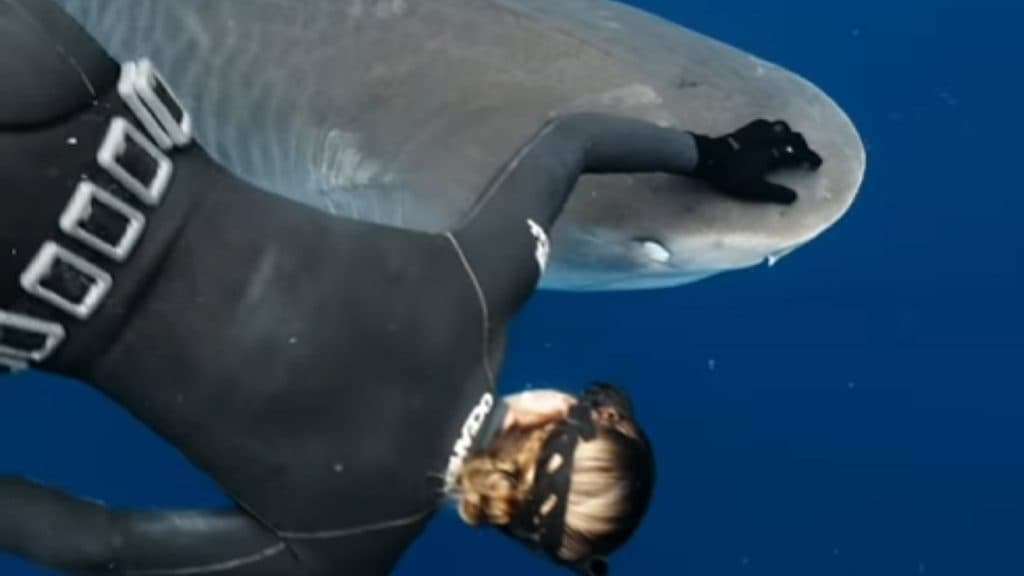Research into shark attacks has suggested that social media influencers have played a role in the rise of such incidents.
Specifically, individuals wanting to get up close and personal with the predatory fish for selfie opportunities is what some researchers have singled out as a contributor.
Per The Times, Professor Eric Clua of France’s PSL University stressed that, on a purely statistical basis, dogs are far more dangerous than sharks. “They [sharks] are responsible for fewer than 10 human deaths a year worldwide,” he said, adding, “whereas dogs are responsible for more than 10,000 deaths and are perceived positively by the public.”
Scientists dumbfounded by influencers seeking sharks
Humans are much more likely to have an encounter with a dog than a shark, but Clua believed the rise of influencers hunting for standout content was directly leading to an increase in shark attacks.
“I don’t encourage, as many influencers do on social networks, to cling to a shark’s dorsal fin or stroke it, under the pretext of proving that they are harmless,” he said.
Clue said he and other researchers referred to the so-called “Shark Attack Files”, a global record of known shark attacks since the 1800s, to help the team differentiate between predatory and defensive shark attacks.
As the latter usually entails a spontaneous series of bites without warning, Clua suggested that any behaviour, even well-intentioned, such as touching a shark’s nose or attempting to “rescue” it, could be interpreted by the shark as a threat.
“In addition to reducing the number of such bites in the field, we hope that one of the major effects of our study will be to modify the vision and attitude of journalists by suggesting that they take a closer look at the conditions in which bites occur,” Clua said of the study’s goals.
Clua’s advice? “Don’t touch.” Smart.
In a February 2023 video, divers uploaded footage on TikTok of themselves repelling a shark that went viral. Neither diver attempted to approach the shark.
Content shared from www.dexerto.com.

